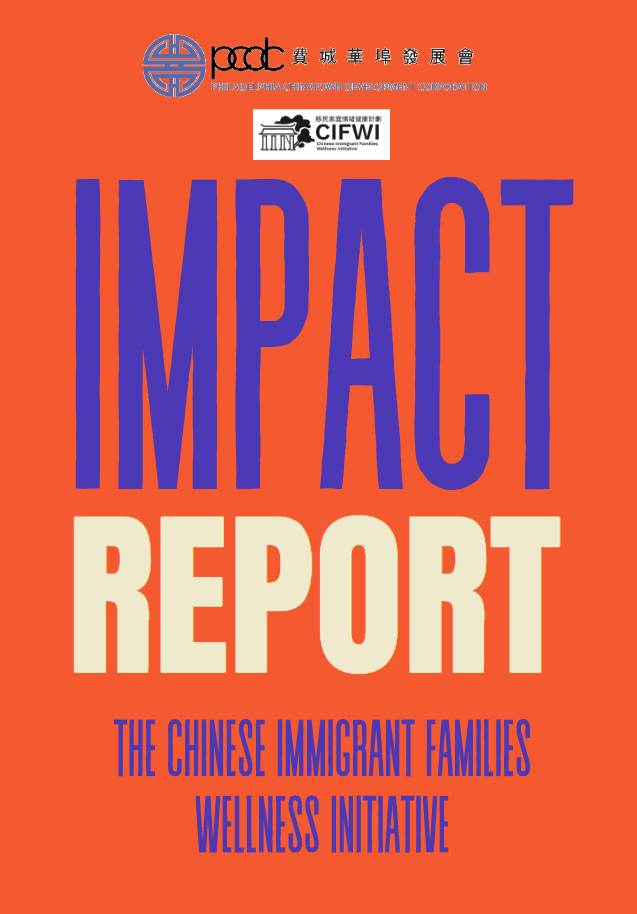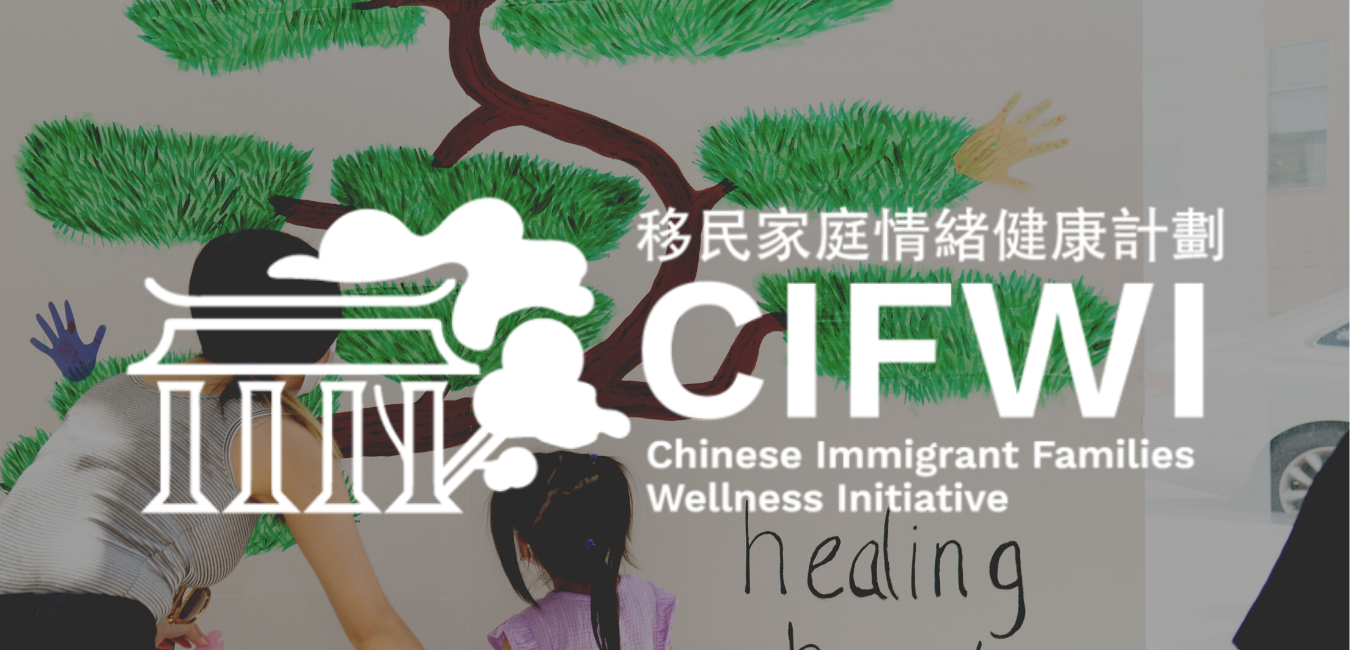The Chinese Immigrant Families Wellness Initiative (CIFWI) is a wellness program under the Philadelphia Chinatown Development Corporation (PCDC).
Launched in 2020, CIFWI partners with trusted local mental health professionals and community workers to cultivate a culture of care at the family and community levels.
Programs and services include wellness workshops for parents and youth, racial healing circles, support groups in Chinese languages, and youth leadership programs to raise awareness of mental health issues and to improve intergenerational communication, and referrals to culturally situated mental health care for Asian immigrant families in Greater Philadelphia.
Our Mission
CIFWI introduces mental and emotional health as a key component of health and community development. We believe community is where wellness begins and wellness in turn helps build community.
CIFWI complements PCDC’s other programs to promote social equity and inclusion and to develop self efficacy in Philadelphia’s Chinese and Asian immigrant community. We do so by building the capacity to address local community needs, increasing awareness of access to resources, and working with organizational and individual partners to meet people’s mental health needs where they are at.
Our Goals
- Increasing knowledge and understanding of mental health and emotional distress.
- Improving attitudes toward behavioral health through stigma reduction and intergenerational communication.
- Increasing healthy behaviors that support mental and emotional wellbeing.
Our Programs
- Wellness Leadership Program
- Asian American Racial Healing & Mindful Transformation (AARHMT)
- Pop-up Wellness Workshops
 Wellness Leadership Program 2020 Impact Report
Wellness Leadership Program 2020 Impact Report
In 2020, 44 Asian American youth joined the Wellness Leadership Program.
The Wellness Leadership Program has helped youth lower anxiety and increase self compassion and functional health*. While life satisfaction had remained relatively stable, 66.7% reported a low level of anxiety after the program, compared to 35.9% before the program, a dramatic 30.8 percentage difference. 10.3 percent fewer youth reported having low self compassion. Fewer youth reported emotional problems made it very difficult for them to go about daily life. Read the full impact report here.
